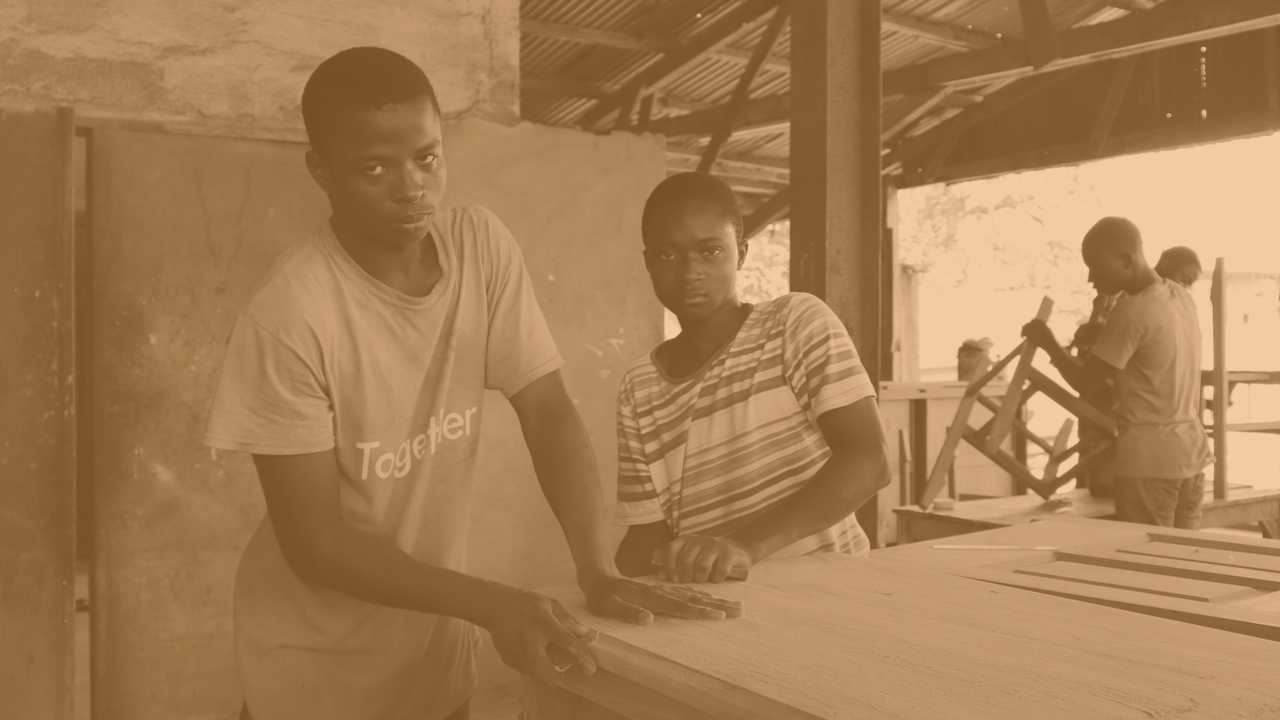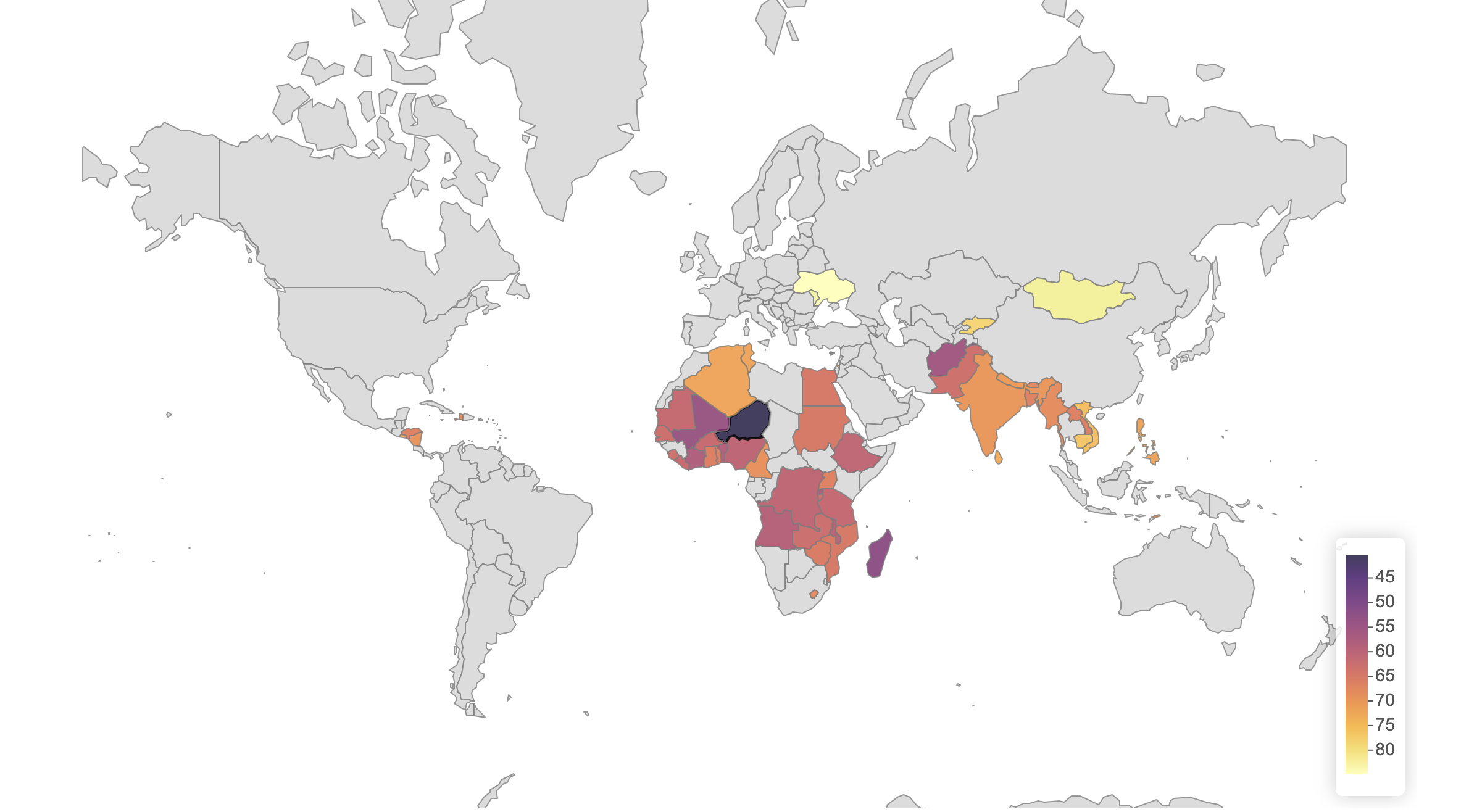Youth Labor Markets

Linking Education and Employment
When formal jobs are lacking, as they are in much of the developing world, growing youth populations present a major challenge for policymakers. Over the past three decades, the share of youth residing in developing countries has increased by 20 percentage points, to a little over half of the global youth population. Meanwhile, over 90 percent of young people working in the developing world are employed in the informal sector, in jobs that tend to be irregular, underpaid, and lacking in benefits or advancement opportunities. The UN emphasized youth in its call for full and productive employment and decent work for all in its 8th Sustainable Development Goal (SDG). Unfortunately, data shortages make studying youth employment a challenge. This project contributes new insights by leveraging existing data into more holistic measures of youth labor market conditions and by generating new data on youth working in an extremely informal economic setting.

First, noting the complexities of employment in highly informal economies, we argue that opportunities for decent and productive work for youth cannot be captured by any single indicator. Instead, we introduce a composite index of 10 youth labor market indicators called the YLILI (Youth Labor Market Index for Lower-Income Countries). The indicators are chosen specifically to measure youth labor market conditions in informal economies, and include factors such as the informality rate and schooling quality. An online external pageYILILI webtoolcall_made allows users to adjust index parameters, compare scores for different countries, and access the underlying data.
Second, we have collected a novel dataset using a multi-round mobile phone survey that tracked a sample of youth living in Cotonou, Benin for over a year. The data provide insights into the experiences of urban youth navigating in and out of a particularly informal labor market. Using five waves of interviews, we generate estimates of the duration and determinants of the transition to work and the impacts of job market success on youth well-being. Our data collection efforts also include a detailed module on informal apprenticeships, in which the experiences of both apprentices and their trainers are documented and compared.
Researchers: Isabel Günther
Alumni: Bartlomiej Kudrzycki
